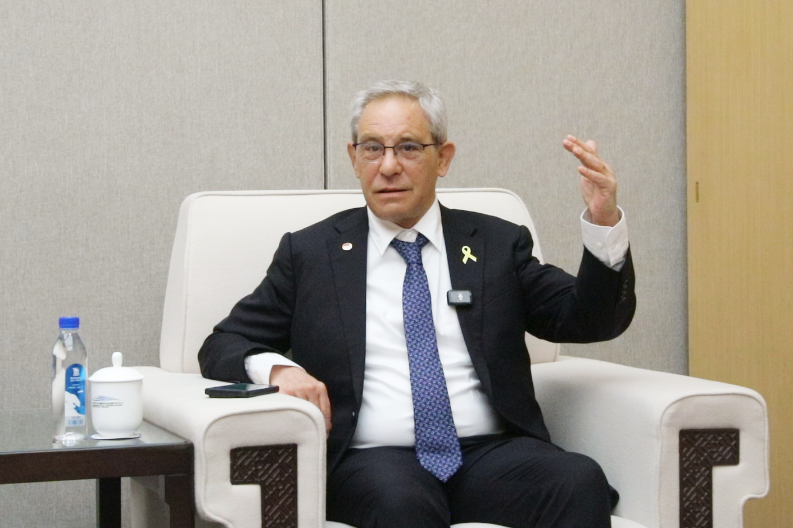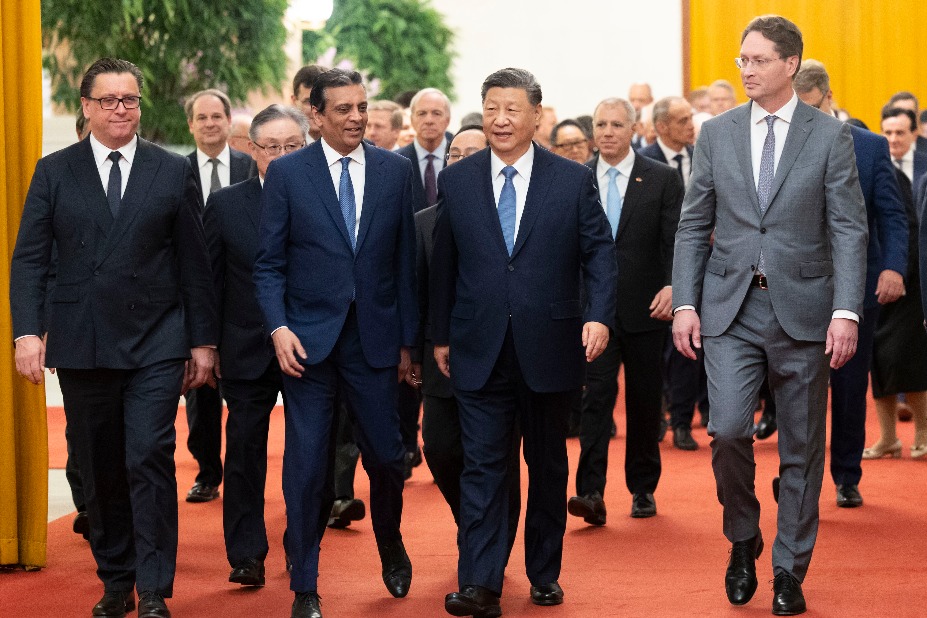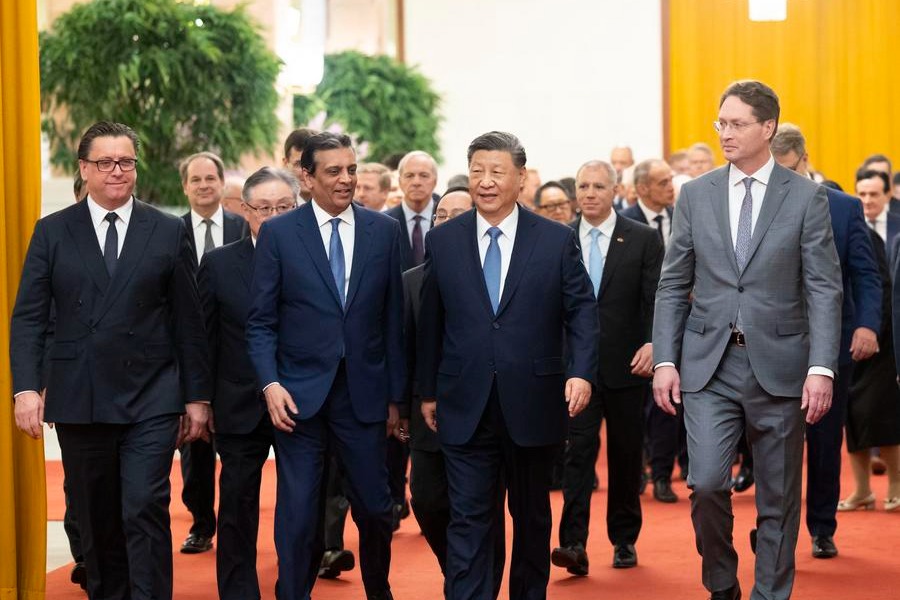Good gambit


Despite the breadth of local talent and growing interest in chess, Lai points out that the local development of the sport is still behind that of other countries. "Chess is very popular in the US and Europe and it has grown exponentially on the Chinese mainland in a short time. There are many chess clubs there and chess coaches from Chengdu told me that they have around 5,000 kids learning the game in that city alone. The Philippines had the first Asian grandmaster, Eugene Torre, in 1974, but today China is leading, with over 50 male and female grandmasters combined," he says.
Lai feels there's definitely more that can be done to promote the sport in Hong Kong. While the local government provides support, such as subsidies for venue rentals, Lai says the federation doesn't have sufficient funds or staff to promote chess locally. The Chess Federation is aiming to attract more support by attaining International Olympic Committee membership in the near future.
A place to meet and play
Both Ng and Lam feel the lack of venues in Hong Kong also gets in the way of growing chess locally. There aren't too many spaces in Hong Kong where people could gather to play chess free of charge. Ng hosts the chess club at her music school on Sundays, with several chess boards set up on long tables in two spacious rooms. She asks players for a small donation to cover utility costs while admitting that she's not been very meticulous about collecting the money.
Lai believes that a good number of chess players in Hong Kong play online, which he believes could be helpful in terms of training, being an opportunity to play against highly-skilled players from around the world. However, both Ng and Lam prefer to play against someone sitting across the table from them.
"I like the psychological aspect (of playing in person). For example, when you play against someone who moves very aggressively, you could feel intimidated if you don't have the right mindset," Ng says. "And at the end of the game, we can discuss the game and analyze our moves. With online chess, you can get the computer to analyze the game but you don't really know what the other person was thinking."
Ng has recently started a second chess club that caters to beginners. The sessions start with a short introduction on chess concepts, followed by a round of playing the game. It has quickly gained interest, especially from local players, as Ng and her chess club look to continue to make the right moves toward expanding the chess community in Hong Kong.























